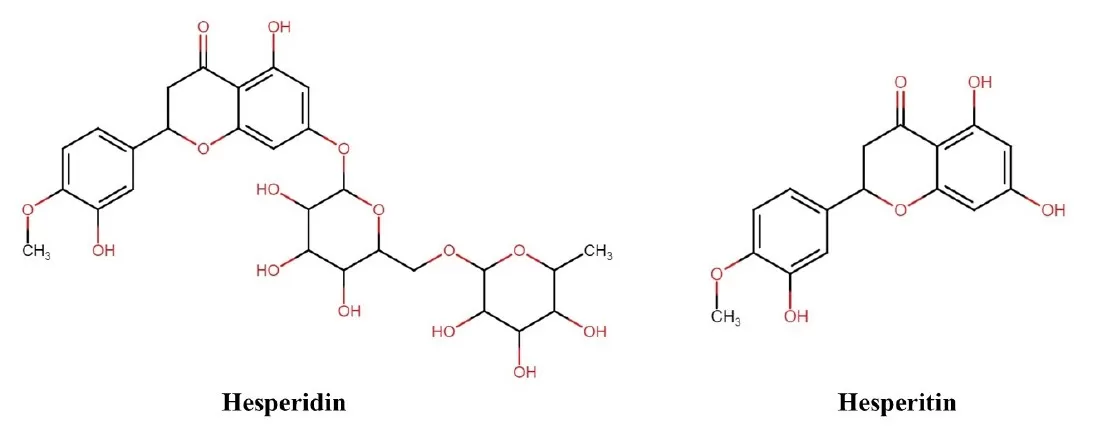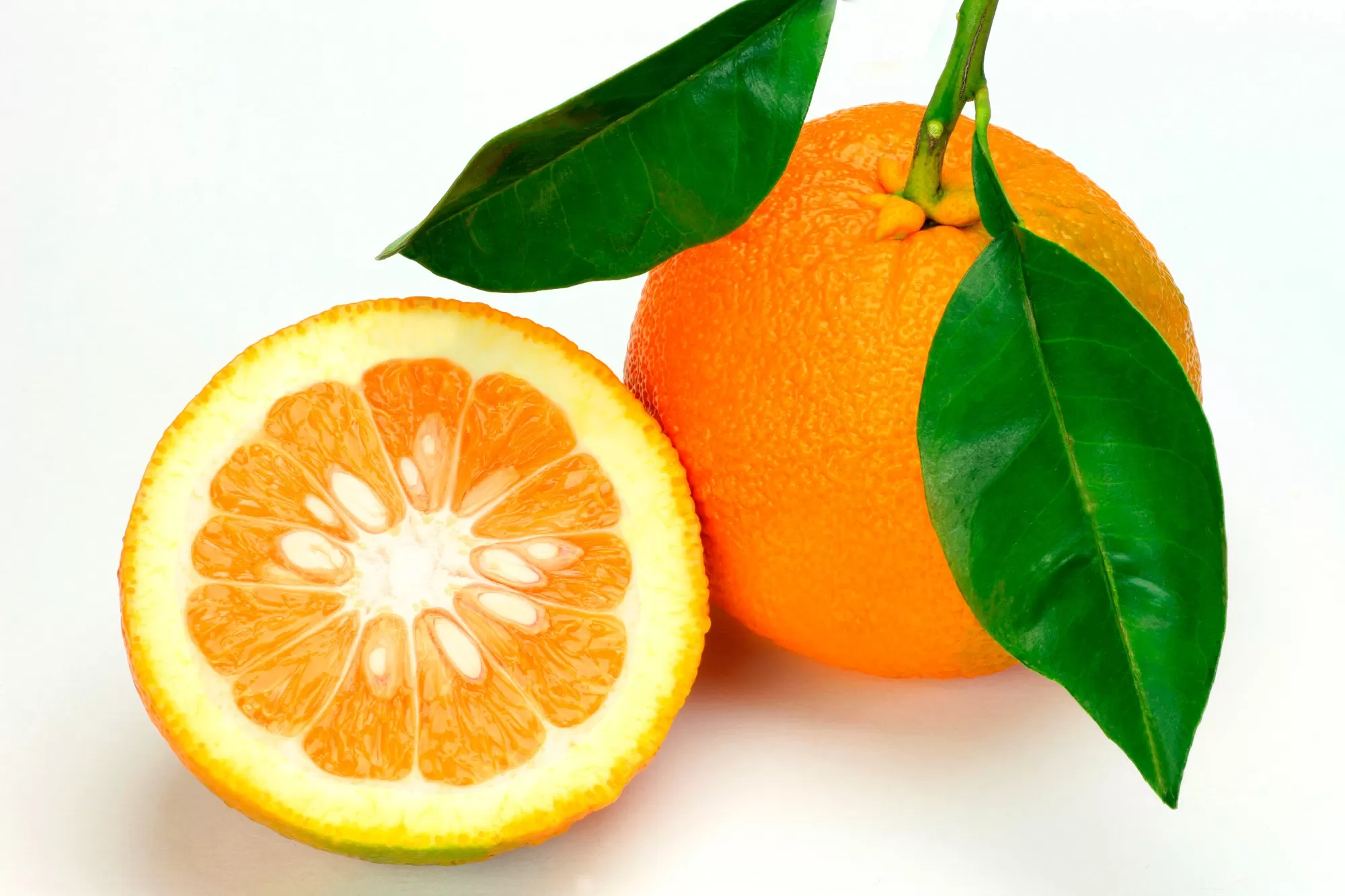- 0086-571-85302990
- sales@greenskybio.com
Hesperidin: Uses and Benefits
2025-04-13

Hesperidin, a flavonoid primarily found in citrus fruits such as oranges, lemons, and grapefruits, has gained significant attention in the scientific and health communities for its potential therapeutic properties. As a bioactive compound, Hesperidin offers a wide array of health benefits, making it a valuable component of the diet and a promising candidate in various medical fields. This article explores the uses and benefits of Hesperidin, highlighting its potential in improving human health and exploring its applications in treating and managing various conditions.
Cardiovascular Health
One of the most prominent uses of hesperidin is in promoting cardiovascular health. The flavonoid has been studied extensively for its ability to support heart function and prevent cardiovascular disease. Hesperidin contributes to cardiovascular well-being through several mechanisms, including its antioxidant, anti-inflammatory, and lipid-lowering properties.
Antioxidant activity: Hesperidin acts as a potent antioxidant, neutralizing free radicals that can cause oxidative stress and damage to blood vessels. By reducing oxidative damage, hesperidin helps prevent endothelial dysfunction, a condition that can lead to atherosclerosis and other cardiovascular diseases.
Anti-inflammatory effects: Inflammation plays a crucial role in the progression of cardiovascular diseases. Hesperidin has been shown to considerably decrease inflammatory markers, thereby reducing inflammation-related damage to the cardiovascular system.
Lipid-lowering properties: Hesperidin helps regulate lipid levels, improving cholesterol profiles by lowering LDL ("bad" cholesterol) and potentially increasing HDL ("good" cholesterol). This ability to optimize lipid levels contributes to overall heart health and reduces the risk of heart disease.
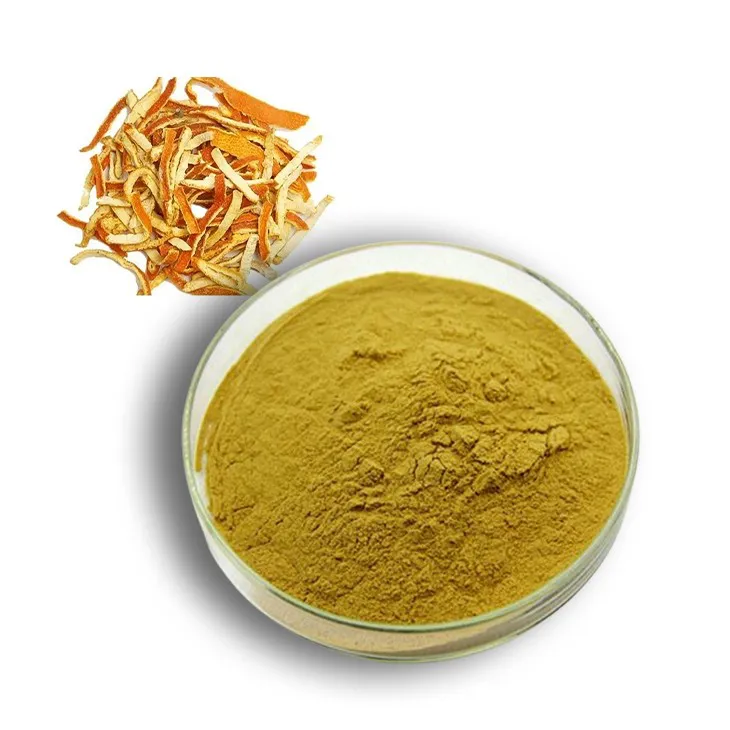
Improving Circulation
Hesperidin is well-known for its positive effects on circulation. It is particularly effective against chronic venous insufficiency (CVI), a condition characterized by impaired blood flow in the veins, especially in the legs. Insufficient circulation can lead to symptoms like swelling, pain, and varicose veins.
Venotonic properties: Hesperidin is often used in combination with other flavonoids such as Diosmin in the treatment of CVI. It enhances venous tone, which improves blood flow and reduces vein distension. This venotonic activity helps alleviate symptoms of varicose veins and other circulatory conditions.
Microvascular protection: Hesperidin strengthens capillary walls and reduces capillary permeability, preventing leakage and ensuring efficient circulation. This protection helps manage edema (swelling due to fluid retention) and supports the integrity of microvascular systems.
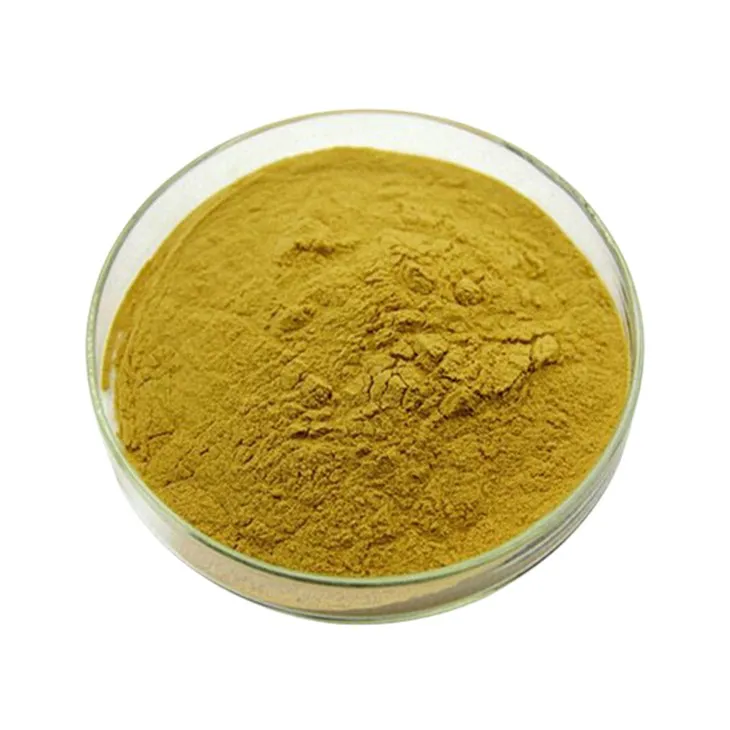
Supporting Metabolic Health
Metabolic syndrome, characterized by a group of risk factors including insulin resistance, obesity, and dyslipidemia, is a major global health concern. Hesperidin has shown potential in addressing several aspects of metabolic syndrome and improving metabolic health.
Blood sugar regulation: Research suggests that hesperidin may improve insulin sensitivity, thereby reducing blood glucose levels. This makes hesperidin a beneficial dietary component for individuals with or at risk of developing type 2 diabetes.
Obesity management: Studies indicate that hesperidin may possess anti-obesity effects by modulating fat metabolism and reducing fat deposition. This, combined with its ability to improve lipid profiles, supports metabolic health and weight management.
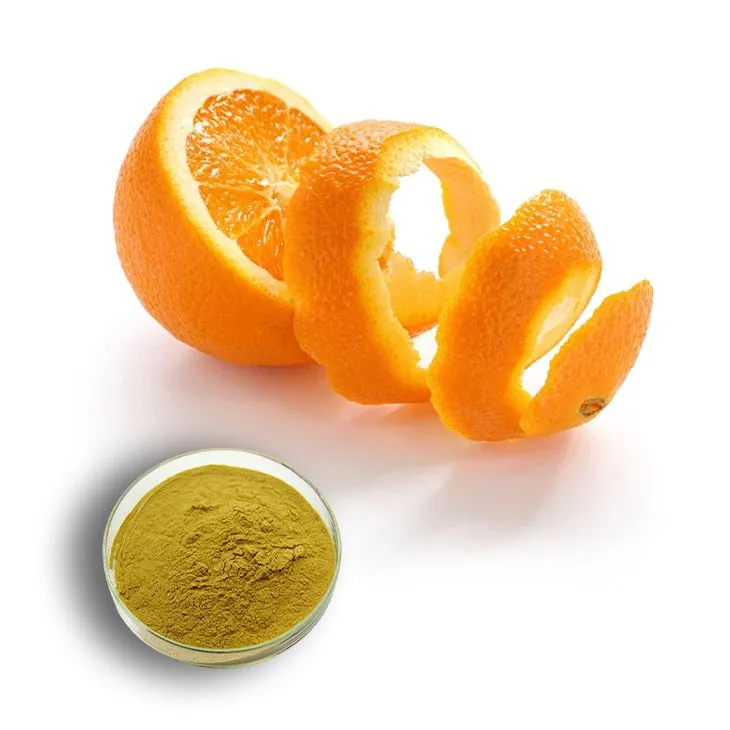
Neurological Benefits
The impact of hesperidin extends to neurological health, where it demonstrates neuroprotective effects. As oxidative stress and inflammation are key contributors to neurodegenerative diseases, hesperidin's antioxidant and anti-inflammatory properties offer promising therapeutic potential.
Cognitive protection: Hesperidin may help protect against cognitive decline associated with aging and neurodegenerative conditions such as Alzheimer's disease. By reducing oxidative stress in the brain, hesperidin helps maintain cognitive function and supports brain health.
Mood regulation: Preliminary research indicates that hesperidin may have an impact on mood regulation, potentially alleviating symptoms of depression and anxiety. This effect is believed to be linked to its ability to modulate neurotransmitter systems and reduce brain inflammation.

Immune System Support
Hesperidin can also influence immune health, enhancing the body's ability to fight infections and respond to immune challenges. It supports the immune system by modulating various pathways involved in immune response.
Anti-inflammatory and antiviral effects: Hesperidin's anti-inflammatory properties help regulate immune responses, preventing overactive inflammation that can damage tissues. Additionally, hesperidin exhibits antiviral activity against certain viruses, making it a potential complement in antiviral treatments.
Cellular immunity: Hesperidin enhances cellular immunity by promoting the activity of immune cells such as macrophages and T-lymphocytes. This immune support enables the body to better combat infections and reduces the risk of immune-related diseases.
Skin Health
Hesperidin's benefits also extend to skin health, where it provides protective and restorative effects. Its antioxidant and anti-inflammatory properties are particularly beneficial to the skin.
Protection against UV damage: Hesperidin helps protect against sun-induced skin damage by reducing oxidative stress and inflammation caused by UV radiation. This protective effect can prevent premature aging and support skin integrity.
Wound healing: Hesperidin may facilitate wound healing by promoting collagen synthesis and improving blood circulation to affected areas. This property helps speed up recovery from injuries and supports tissue regeneration.
Conclusion
Hesperidin, a potent flavonoid found in citrus fruits, offers a wide range of health benefits, making it a valuable addition to the diet and a promising therapeutic agent. From promoting cardiovascular health and improving circulation to supporting metabolic and neurological functions, hesperidin demonstrates impressive versatility and efficacy. With ongoing research, hesperidin’s potential applications continue to expand, underscoring its significance in functional food development and disease prevention strategies.
Incorporating hesperidin-rich foods like citrus fruits into daily dietary habits can offer these benefits as part of a holistic approach to health. As science advances, the therapeutic potential of hesperidin in various medical and health fields is likely to grow, presenting opportunities for innovative treatments and interventions aimed at improving health and well-being across the globe.
- ▶ Hesperidin
- ▶ citrus bioflavonoids
- ▶ plant extract
- ▶ lycopene
- ▶ Diosmin
- ▶ Grape seed extract
- ▶ Sea buckthorn Juice Powder
- ▶ Beetroot powder
- ▶ Hops Extract
- ▶ Artichoke Extract
- ▶ Reishi mushroom extract
- ▶ Astaxanthin
- ▶ Green Tea Extract
- ▶ Curcumin Extract
- ▶ Horse Chestnut Extract
- ▶ Other Problems
- ▶ Boswellia Serrata Extract
- ▶ Resveratrol Extract
- ▶ Marigold Extract
- ▶ Grape Leaf Extract
- ▶ blog3
- ▶ blog4
- ▶ blog5
-
what is hesperidin supplement
2025-04-13
-
what is glucosyl hesperidin
2025-04-13
-
what does hesperidin do
2025-04-13
-
what is hesperidin complex
2025-04-13
-
What is Diosmin Hesperidin?
2025-04-13
-
What Is Hesperidin Good For?
2025-04-13
-
Peppermint Oil
2025-04-13
-
Citrus bioflavonoids
2025-04-13
-
Uridine-5'-monophosphate Disodium salt
2025-04-13
-
Senna Leaf Extract
2025-04-13
-
Moringa powder
2025-04-13
-
Epimedium extract powder
2025-04-13
-
Citrus Aurantii Extract
2025-04-13
-
Oat Straw Extract Powder
2025-04-13
-
Motherwort Extract
2025-04-13
-
Stevia Extract
2025-04-13











